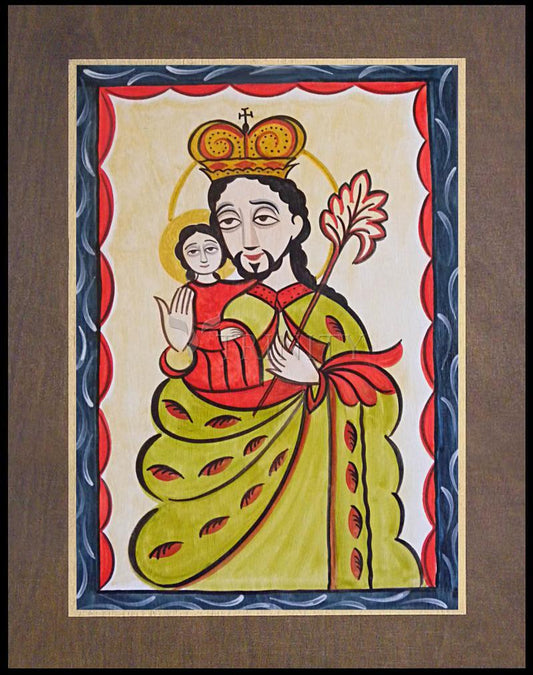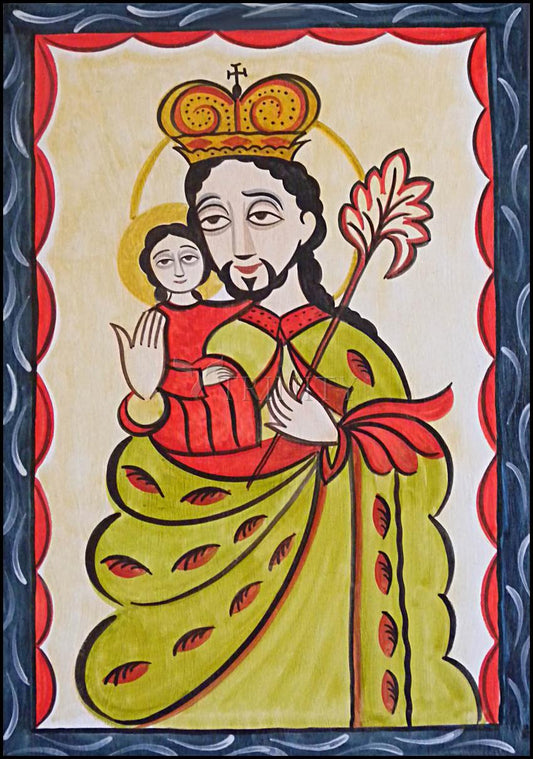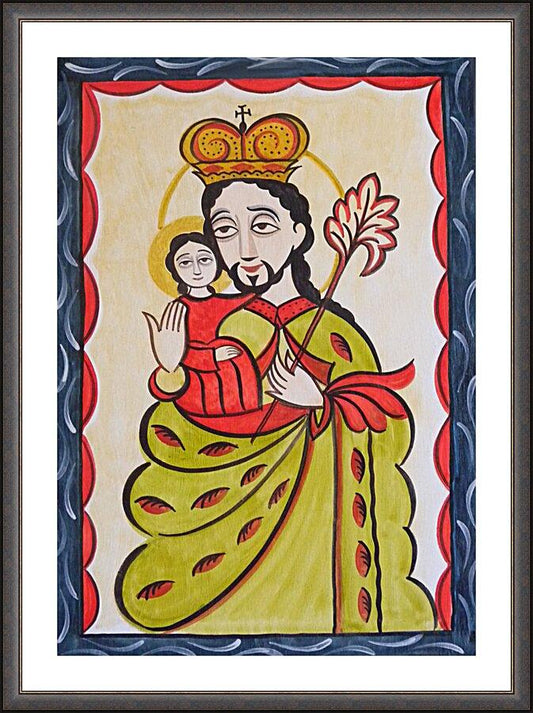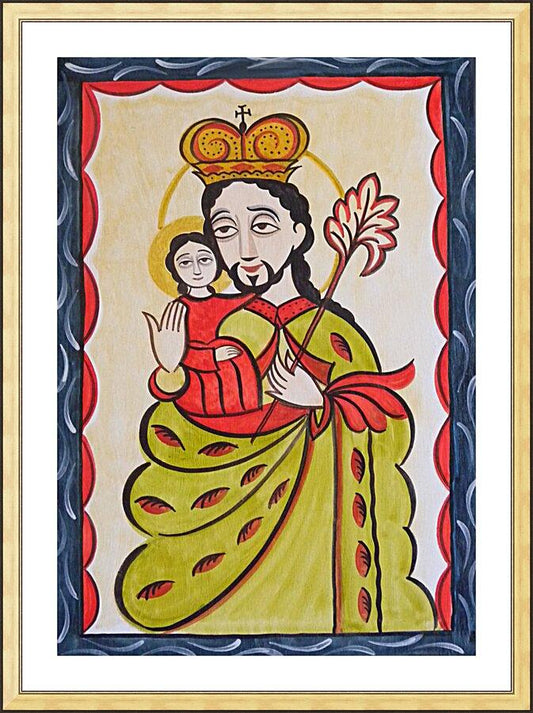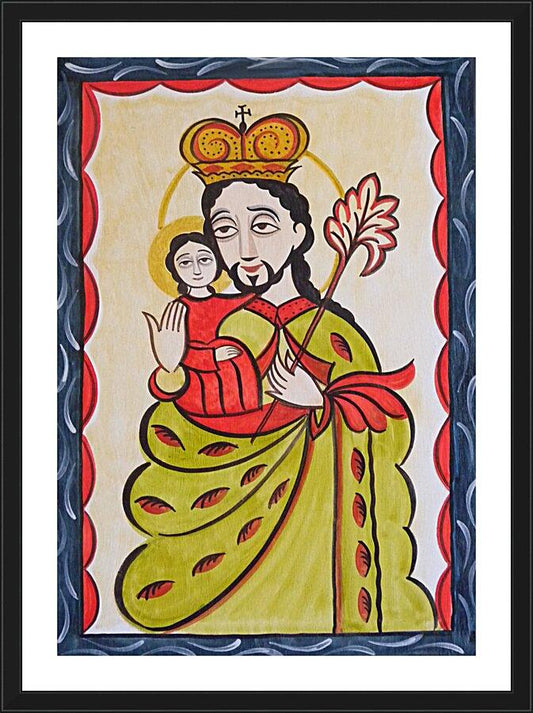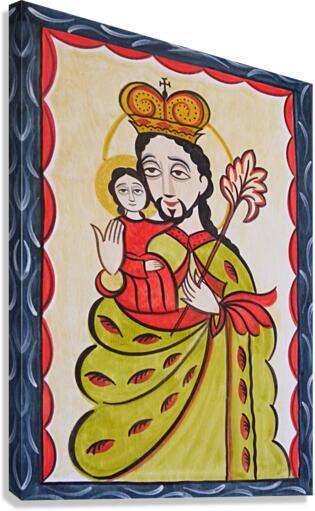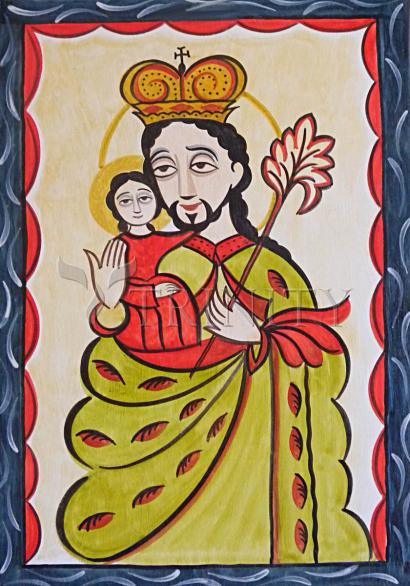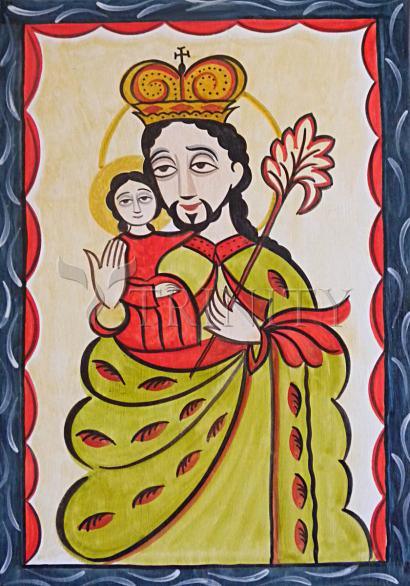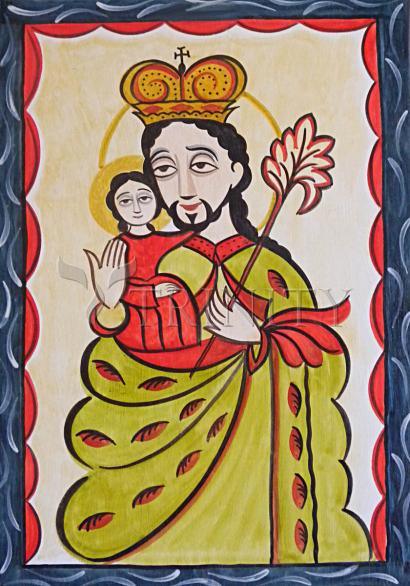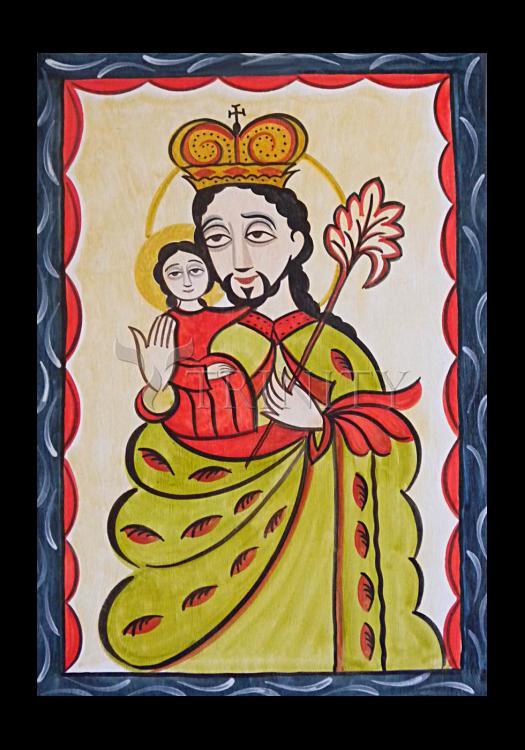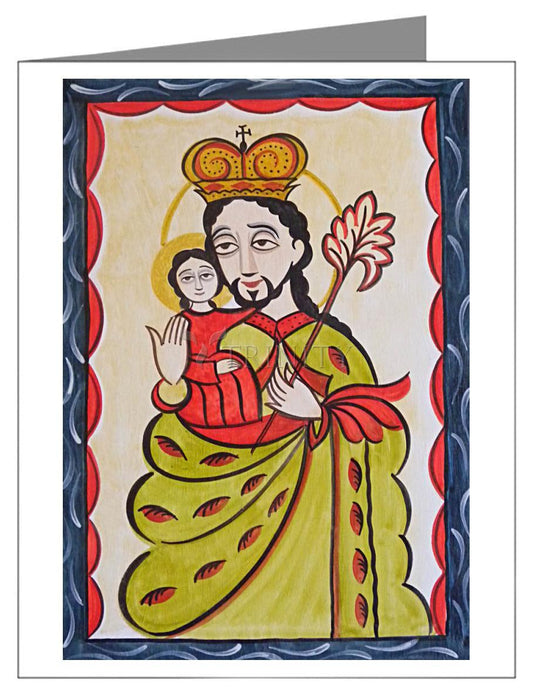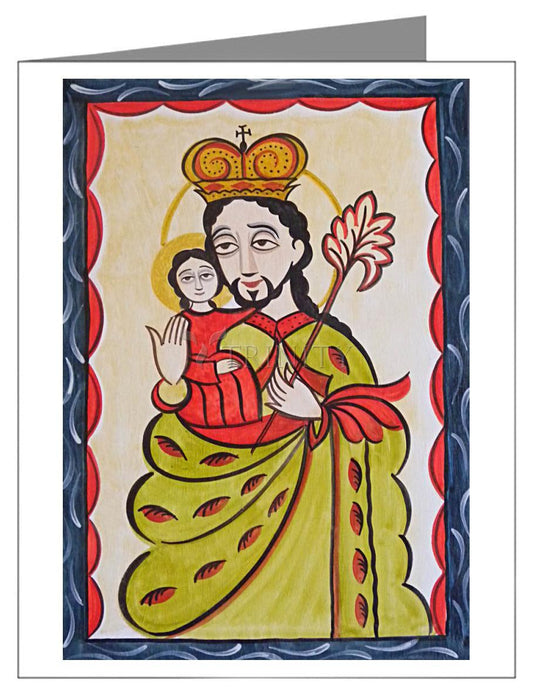In the New Testament
The epistles of Paul are generally regarded as the oldest extant Christian writings. These mention Jesus' mother (without naming her), but do not refer to his father " other than God (Romans 15:26 etc.). The gospel generally assumed to be the first written, that of Mark, also does not mention Jesus' father. Joseph first appears in the Gospels of Matthew and Luke, generally regarded as later than Mark. Luke names Joseph's father as Heli, and Matthew names his father as Jacob, which parallels the Old Testament Joseph (whose father was also named Jacob) and is in keeping with that gospel's depiction of Jesus as a second Moses. This theme is developed further in the infancy narratives, which, like the genealogies, have the function of establishing Jesus as the promised Messiah, the descendant of David, born in Bethlehem.
Like the two differing genealogies, the infancy narratives appear only in Matthew and Luke, and take different approaches to reconciling the requirement that the Messiah be born in Bethlehem with the tradition that Jesus came from Nazareth. In Matthew, Joseph was in Bethlehem, the city of David, and obeys the direction of an angel to marry Mary. Following the birth of Jesus, Joseph stays in Bethlehem for an unspecified period (perhaps two years) until after the visit of the Three Magi, when Joseph is told by an angel in a dream to take the family to Egypt to escape the massacre of the children of Bethlehem planned by Herod the Great, who rules Judea. Once Herod has died, an angel tells him to return, but to avoid Herod's son he takes his wife and the child to Nazareth in Galilee and settles there. Thus, in Matthew, the infant Jesus, like Moses, is in peril from a cruel king, like Moses he has a (fore)father named Joseph who goes down to Egypt, like the Old Testament Joseph this Joseph has a father named Jacob, and both Josephs receive important dreams foretelling their future.
In Luke, Joseph already lives in Nazareth, and Jesus is born in Bethlehem because Joseph and Mary have to travel there to be counted in a census. Subsequently, Jesus was born there. Luke's account makes no mention of angels and dreams, the Massacre of the Innocents, or of a visit to Egypt.
The last time Joseph appears in person in any Gospel is the story of the Passover visit to the Temple in Jerusalem when Jesus is 12 years old, found only in Luke. No mention is made of him thereafter. The story emphasizes Jesus' awareness of his coming mission: here Jesus speaks to his parents (both of them) of "my father," meaning God, but they fail to understand. (Luke 2:41-51).
Christian tradition represents Mary as a widow during the adult ministry of her son. Joseph is not mentioned as being present at the Wedding at Cana at the beginning of Jesus' mission, nor at the Passion at the end. If he had been present at the Crucifixion, he would under Jewish custom have been expected to take charge of Jesus' body, but this role is instead performed by Joseph of Arimathea. Nor would Jesus have entrusted his mother to the care of John the Apostle if her husband was alive.
While none of the Gospels mentions Joseph as present at any event during Jesus' adult ministry, the synoptic Gospels share a scene in which the people of Nazareth, Jesus' hometown, doubt Jesus' status as a prophet because they know his family. In Mark 6:3, they call Jesus "Mary's son" instead of naming his father. In Matthew, the townspeople call Jesus "the carpenter's son," again without naming his father. (Matthew 13:53-55) In Luke 3:23 "And Jesus himself began to be about thirty years of age, being (as was supposed) the son of Joseph, which was [the son] of Heli."(Luke 4:16-30) In Luke the tone is positive, whereas in Mark and Matthew it is disparaging. This incident does not appear at all in John, but in a parallel story the disbelieving neighbors refer to "Jesus the son of Joseph, whose father and mother we know" (John 6:41-51).



